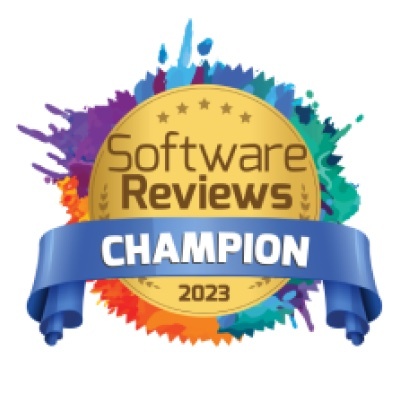As everyone either knows or has unfortunately experienced first-hand, data theft is a serious problem in the digital age. With the number of online threats growing every year, the need for information security is higher than ever. This is especially true for healthcare data.
Healthcare data contains all of your personal information in one, easy-to-find file, which is why it’s the most targeted industry for cyberattacks. The cost of data breaches in 2019 was 87% higher than in 2018, with the number rising each year.
With such sensitive information at risk, the federal government passed the Health Insurance Portability and Accountability Act (HIPAA). This initiative is enforced to set standards for data governance in healthcare and keep medical information safe. There are plenty of strict regulations that healthcare providers must adhere to within HIPAA. In order to maintain compliance, the data that healthcare providers attain must be managed properly.
What Is HIPAA Compliance?
The Health Insurance Portability and Accountability Act of 1996 (HIPAA) is a set of regulations that healthcare providers must follow to protect patients’ healthcare data. Before its creation, it was up to each healthcare provider to keep the information safe. This led to countless expensive and detrimental data breaches due to provider negligence.
There are four general rules that healthcare providers must follow to maintain HIPAA compliance as laid out by the U.S. Department of Health and Human Services (HHS):
- Ensure compliance by their workforce
- Secure the confidentiality, integrity, and availability of all e-PHI (electronic protected health information) they create, receive, maintain, or transmit
- Identify and protect against reasonably anticipated threats to the security or integrity of the information
- Protect against reasonably anticipated, impermissible uses or disclosures
Each rule has numerous intricacies that healthcare providers must follow to be compliant. Keeping track of all those details and ensuring compliance is no small feat. Even with these regulations in place, there were 418 HIPAA breaches reported in 2019 alone, compromising the personal data of 34.9 million Americans.
Due to the increasing threat of cyberattacks, the Bureau of Labor and Statistics projects the overall need for compliance officers to grow by over 8% through 2026. This means that more healthcare providers are cracking down on HIPAA compliance and information security.
Simplify HIPAA Compliance with Automated Data Lineage
HIPAA’s main concern is the accessibility of data. Much like the General Data Protection Regulation (GDPR), HIPAA requires companies to have a complete grasp over their data, its history, and the ability to instantly access it. The data also must be secure, organized, and trackable. The best way to maintain this aspect of HIPAA compliance is to use an automated data lineage and discovery tool.
Automated Data Lineage is Key to Achieving Regulatory Compliance
Check out our Data Lineage Guide to learn more
Download the eBook
With automated data lineage, the healthcare providers’ BI group can prove the entire “chain of custody” for all of their data. They can view the entire lineage, from source system to reporting, in a centralized manner regardless of which BI systems and how many BI systems are being used. They are able to see if the data was changed in any way or find the source of any errors. They can also understand what the impact will be to different reports or the data downstream if they make any modifications within the ETL. This is especially helpful for healthcare providers using multiple business intelligence (BI) systems.
When you automate metadata management, you avoid human error which may result in critical issues, loss of data, or even becoming non-compliant. With unmatched control over your data and its history, along with the ability to quickly locate and correct any errors, automation simplifies data lineage and streamlines HIPAA compliance. Healthcare providers can completely trust their data.
Automated Data Lineage and HIPAA Compliance
For healthcare providers, maintaining HIPAA compliance isn’t a choice; it’s a necessity. Medical data is so sensitive that it requires every little detail to be secured and organized correctly. By implementing automated data lineage, healthcare providers can see an in-depth picture of their entire data landscape. With Octopai, they will have complete control over the data they manage so they can confidently say if it was altered or impacted in any way. With 34.9 million Americans experiencing compromised personal data in 2019, compliance is key. Healthcare data is some of the most private information that we possess and keeping it safe is crucial.








